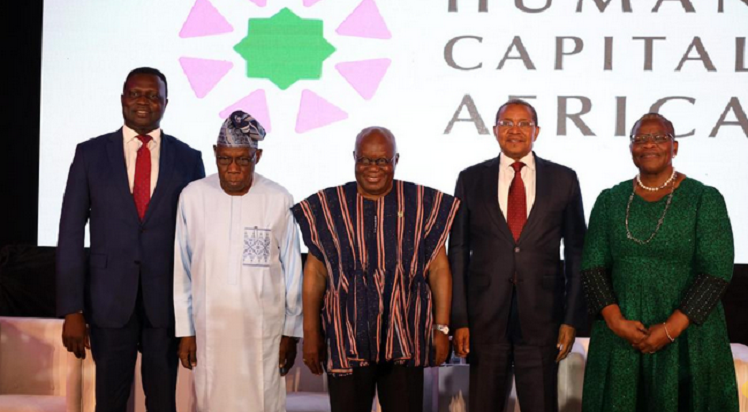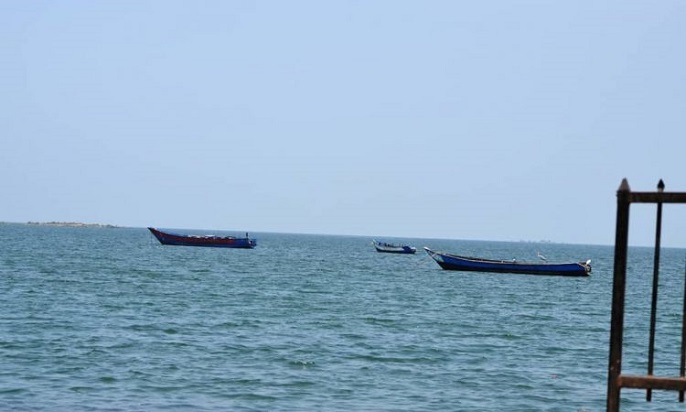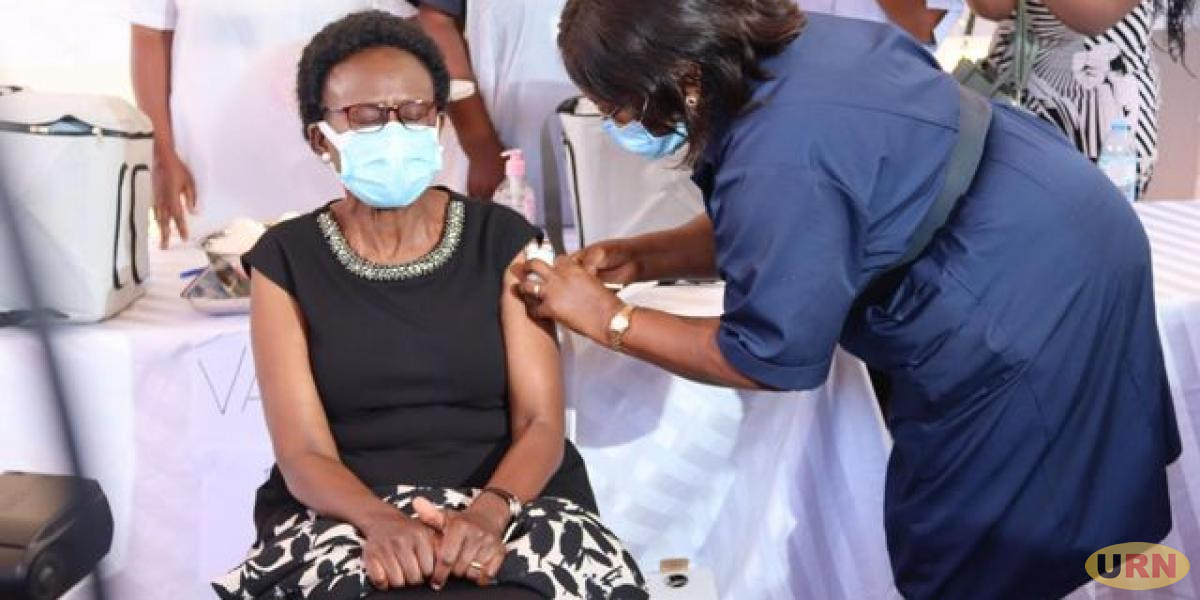Former African presidents are urging for action to address what they describe as a “learning crisis” threatening the future of the continent.
The appeal was made at the African Union Mid-Year Summit in Accra Ghana. Prominent leaders, policymakers, and advocates met to discuss the future of education across Africa attended the summit.
The former heads of state, including President Olusegun Obasanjo of Nigeria, President Joyce Banda of Malawi, President Jakaya Kikwete of Tanzania, and President Ellen Johnson Sirleaf of Liberia, spearhead the initiative.
Ghana’s President, Nana Akufo-Addo, amplified their collective voice. He called for an immediate and sustained response to a dire educational deficit. He noted it threatens Africa’s long-term development prospects.
“We are facing a severe existential crisis when it comes to foundational learning. If we are to tackle our development challenges effectively, we must first confront and resolve this crisis. We need to move beyond temporary fixes and commit to a decade of comprehensive educational reform that will lay the groundwork for meaningful, sustainable progress,” said President Akufo-Addo.
Akufo-Addo’s call for a decade-long commitment to educational reform highlights a critical shift in perspective from short-term solutions to long-term investments.
“This is not just about another year of educational initiatives; it is about committing to a transformative vision for education that spans a decade. Only through such an extended and focused effort can we hope to achieve the comprehensive, sustainable progress necessary to meet the goals of the African Union’s Agenda 2063,” he said.
According to available data, 9 out of 10 African children cannot read with understanding or perform basic mathematics by the age of ten.
In Uganda, a 2021 National Learning Assessment Report by Uwezo Uganda titled; ‘Are Our Children learning? It revealed that at least half of the learners, who were in primary three at the time of school closures in March 2020, could not identify or recognize letters of the alphabet.
This educational deficit poses a significant barrier to achieving the ambitious socio-economic and security goals set forth in the African Union’s Agenda 2063. The 2063 Agenda aims at fostering inclusive growth and sustainable development across the continent.
“This crisis is not a challenge for tomorrow,” noted President Obasanjo. “It is a fundamental obstacle to achieving our shared vision for Africa’s future. We must take ownership of this problem, act decisively, and build scalable, continent-wide solutions today.”
Olusegun Obasanjo emphasized that true development is inextricably linked to education. He equated it to a matter of ‘life and death”
“While a decade of focus on education is commendable, I advocate for lifelong learning—from cradle to grave. Education should be a constant companion throughout our journey. I am heartened to hear that you will champion this cause at the upcoming AU Mid-Year Summit, ensuring our collective voice resonates on this critical issue,” noted Oluṣẹgun Ọbasanjọ.
Former World Bank Vice-President Dr. Obiageli Ezekwesili, stressed that recognizing a problem is the first step toward resolving it, and the alarming fact that 9 out of 10 children lack basic proficiency is a crisis we can no longer overlook.
“The current educational crisis demands urgent action,” Dr. Ezekwesili stated.
“I propose that every President take on the role of Chief Learning Officer, leading efforts to prioritize foundational learning as the foundation for all future development. Neglecting these basic skills threatens our development goals. Therefore, we need not just a single year, but a full decade devoted to educational reform.” said Ezekwesili, also the founder of Human Capital Africa (HCA).
Olusegun Obasanjo, Jakaya Kikwete, Joyce Banda, and Ellen Sirleaf Johnson a joint communique called on Heads of Government through the African Union to take seven decisive actions to tackle the learning crisis.
These actions include implementing cost-effective, evidence-based solutions such as Structured Pedagogy and Teaching at the Right Level, which can improve learning outcomes within current budget constraints while managing debt and fiscal pressures.
The leaders also advocate for the expanded use of tools that enable countries to measure learning outcomes early, consistently, and comparatively, advocating for the regular collection and application of data to enhance classroom results.
Furthermore, they propose the establishment of a continental mechanism for constructive peer learning and knowledge sharing between governments and development partners, aimed at scaling innovative local and national educational initiatives.
–URN





